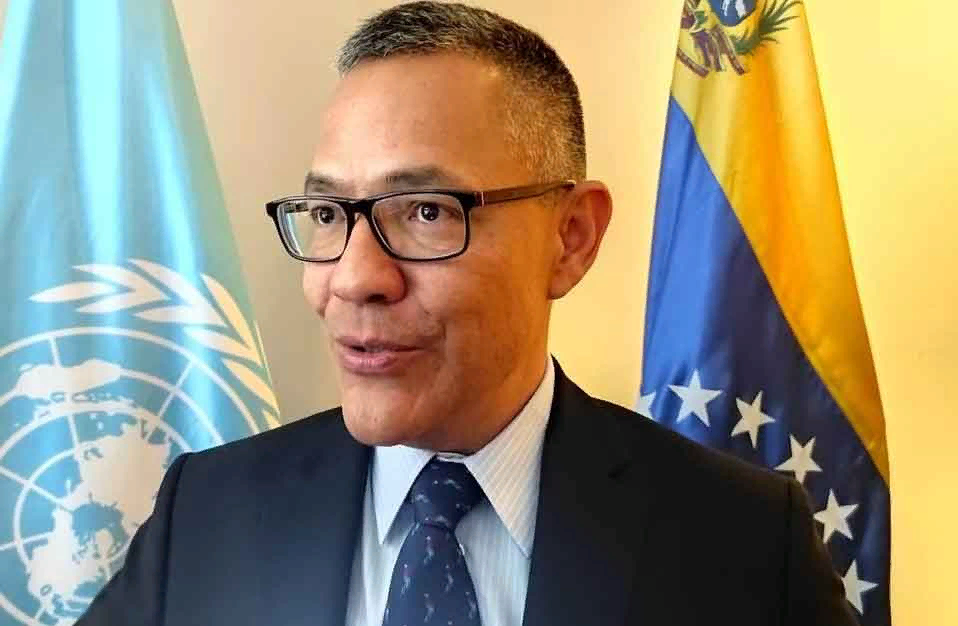
Caribbean countries seek heritage value of cassava tradition
Havana, March 30 (RHC) The Venezuelan Minister of Culture, Ernesto Villegas, claimed to be very proud to be part of the joint work at the United Nations Organization for Education, Science and Culture (UNESCO) together with the Dominican Republic, Cuba, Haiti and Honduras, to seek recognition as intangible heritage of the humanity of the tradition of making and consuming cassava.
This multinational file will be presented tomorrow at the Secretariat of the Convention for the Safeguarding of the Intangible Cultural Heritage, 2023.
Villegas described the coordinated work around the candidacy as an edifying experience, "because it shows that our ties in Latin America and the Caribbean are beyond borders."
The application contained in the file includes knowledge accumulated over centuries, which have been passed from generation to generation as part of the identity of communities with a tradition in the elaboration and consumption of the product based on cassava, an ancient crop.
According to the minister, the initiative shared by Venezuela, the Dominican Republic, Cuba, Haiti and Honduras represents progress in the field of cultural diversity and recognition of the common identity in Latin America and the Caribbean around numerous traditions.
In our particular case, the cassava is accompanied by the joropo, he joked in reference to the delivery yesterday by his country to the Secretary of the 2003 Convention of the file aimed at including the joropo tradition and its social and identity significance in the heritage list intangible cultural heritage of humanity. This proposal will be examined by the UNESCO Committee in charge of the subject.
Villegas commented that in Venezuela, as in the rest of the nations, cassava has variants, depending on the places where the practice of making and consuming it is preserved.
We have, for example, the Naiboa, a very tasty sweet prepared with crunchy cassava cakes with papelón (sugar cane juice dried before processing), the cassava cookie and others, abounded.
In his statements, the minister highlighted the professionalism that characterized the preparation of the files and the importance for the communities that bear international recognition. (Source: Prensa Latina)

